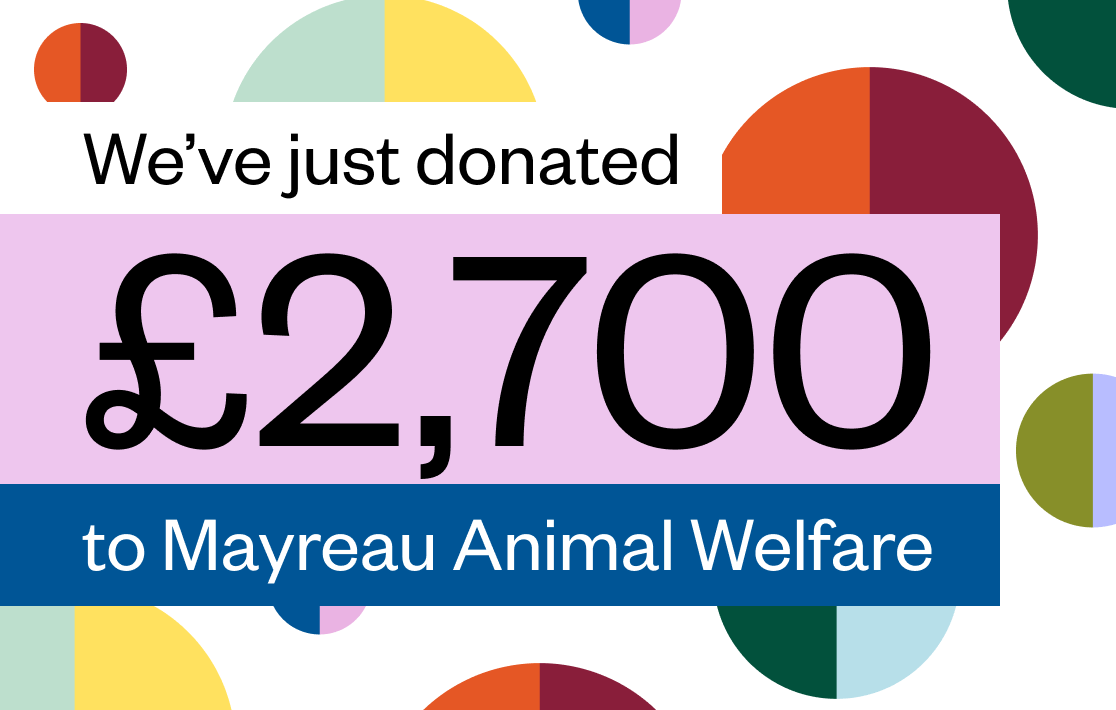
Cavendish Venues, London conference venues, have again signed up to a 100% green energy tariff. Crown Energy are supplying us; they define Green Energy as:
“energy attained from natural sources. These include wind, solar, geothermal, biomass, and small hydro energy.”
This is part of our 25+ year goal to drive down our environmental footprint consistentlyFossil fuel burning is the single largest contributor to greenhouse gas emissions. Transitioning to renewable energy significantly reduces one's. Major innovations this year include:
The reasons for using green energy are many and varied:
Environmental benefits
- Combats climate change: The burning of fossil fuels is the single largest contributor to greenhouse gas emissions. Transitioning to renewable energy significantly reduces carbon footprint, a necessary step for limiting global warming.
- Reduces air pollution: Fossil fuels release harmful pollutants like nitrogen oxides and particulate matter, which are responsible for millions of premature deaths annually due to respiratory and cardiovascular illnesses. Green energy sources produce minimal to no air pollutants during operation, leading to cleaner air and a healthier population.
- Conserves water: Traditional power plants, including nuclear and fossil fuel-powered stations, require vast amounts of water for cooling. In contrast, wind and solar power generation use almost no water, conserving resources and protecting water quality.
- Protects biodiversity: The extraction and transportation of fossil fuels often lead to habitat destruction and environmental disasters like oil spills. Green energy infrastructure generally has a smaller environmental footprint, though careful planning is still needed.
Economic benefits
- Lowers and stabilises energy costs: While renewable energy systems have an initial setup cost, their operating expenses are low because the fuel (sun, wind) is free. This provides long-term stability against the volatile prices of fossil fuels, which are subject to unpredictable market swings.
- Spurs job creation: The renewable energy sector is a robust and growing source of new employment in manufacturing, installation, maintenance, and research. Renewable energy creates more jobs per unit of electricity than fossil fuels.
- Boosts economic growth: Investment and sales in the clean energy sector are driving substantial economic growth. For example, in 2023, clean energy accounted for 10% of global GDP growth and almost one-third of Europe's.
- Increases property values: Energy-efficient homes featuring green energy upgrades like solar panels have a higher resale value and appeal to homebuyers looking for lower running costs.
Social and health benefits
- Improves public health: A reduction in air and water pollution from fossil fuels can lead to fewer respiratory and cardiovascular diseases, saving billions in healthcare costs. The World Health Organisation estimates that 99% of people breathe air that threatens their health.
- Enhances energy independence: By using domestic, naturally replenishing resources like wind, sun, and water, countries can reduce their reliance on imported fossil fuels and become more resilient to geopolitical shocks.
- Strengthens community resilience: Localised and decentralised green energy projects, such as rooftop solar and community-owned wind farms, can empower communities and provide reliable power during outages.
- Promotes social equity: Renewable energy offers opportunities for decentralised energy access, particularly benefiting remote or rural areas that lack conventional grid access. These projects can foster economic opportunities and promote gender equality in developing communities.
If you are looking for a Sustainable Conference Venue in London, get in touch:
Email: enquiries@cavendishvenues.com
Call: 0207 706 7700
.svg)
.svg)
.svg)
.svg)
.svg)

%20(2).png)
.png)
